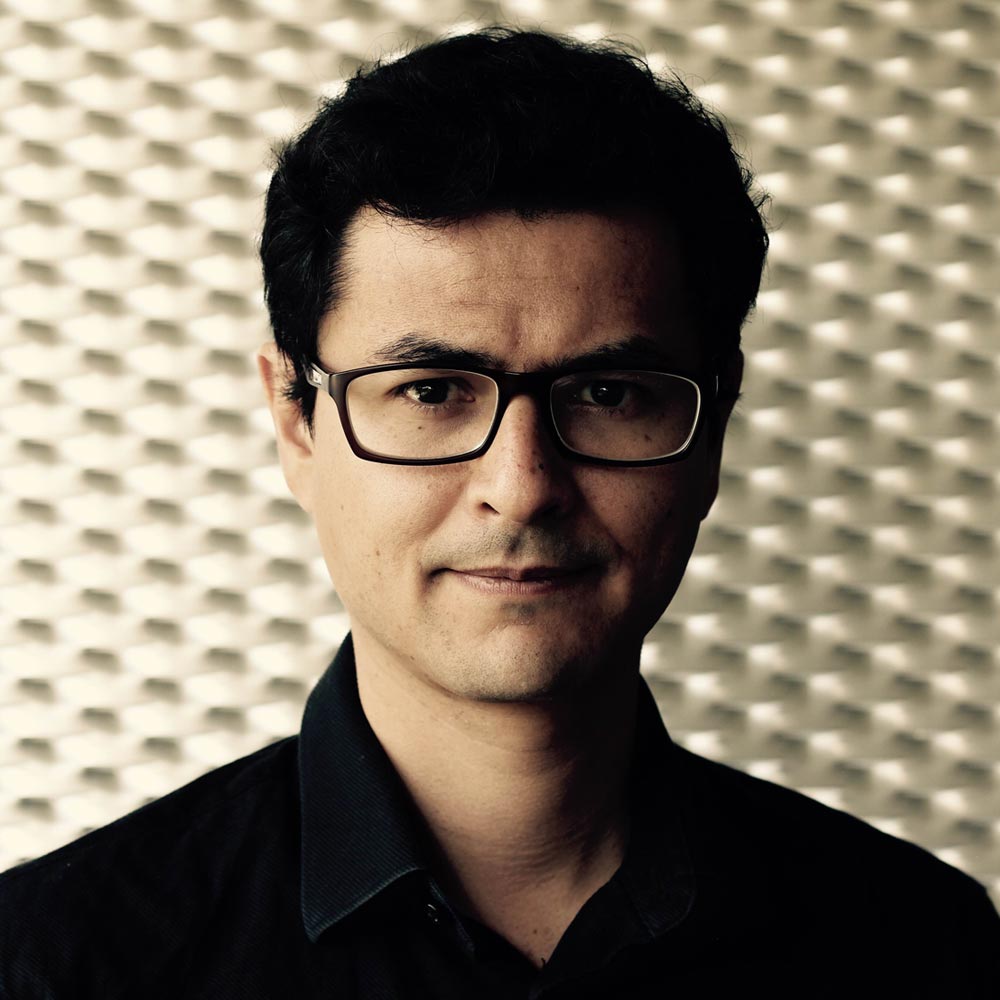
Composer
Edgar Barroso received his Phd in Music Composition from Harvard University, where he was director of the Harvard Group of New Music, and worked with Hans Tutschku, Brian Ferneyhough, Helmut Lachenmann, Michael Gandolfi and Chaya Czernowin. In 2013 he was selected as part of the Inaugural Society of Harvard Horizon Scholars and from 2010 - 2012 was the appointed Director of the Harvard Group for New Music. From 2015 - 2018 he became a member of Mexico's National System of Art Creators.
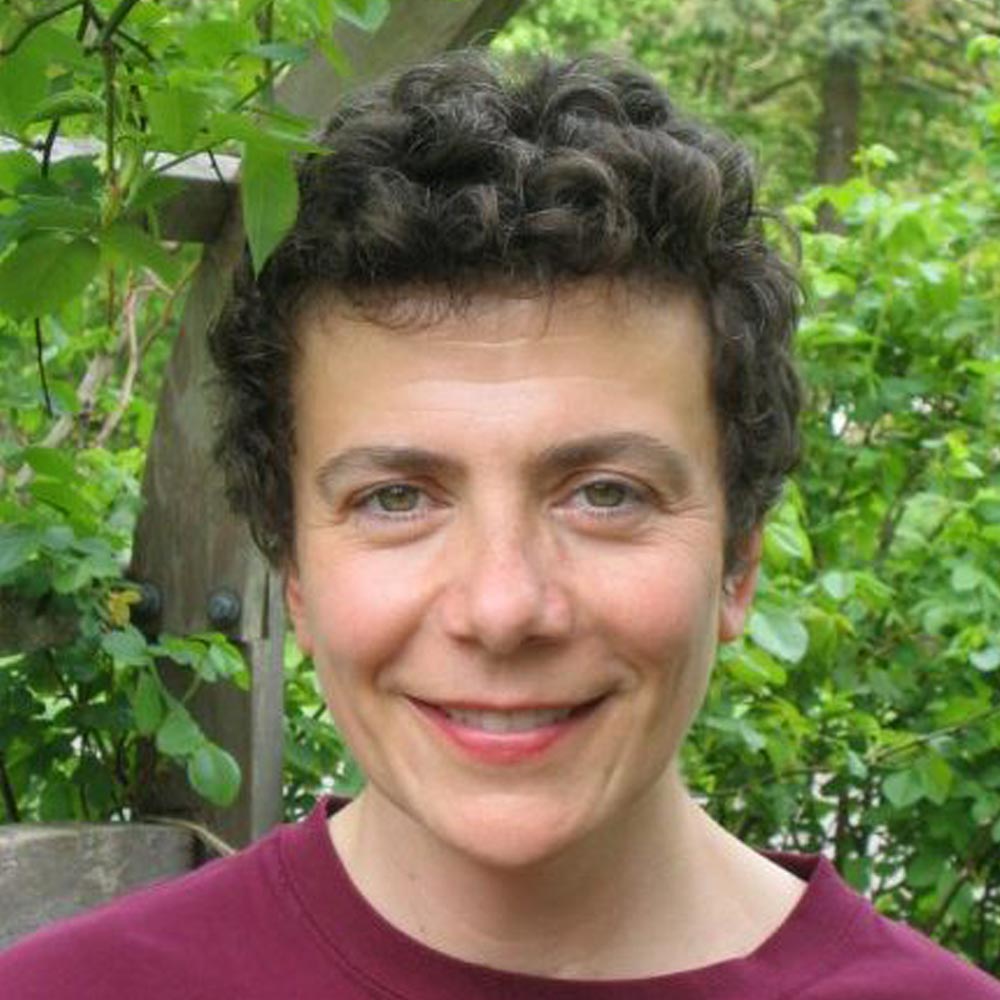
Composer
Frances White writes instrumental, vocal, and electronic music. She studied at the University of Maryland, Brooklyn College, and Princeton University. She has received awards, commissions, grants, and fellowships from organizations such as The Guggenheim Foundation, The New Jersey State Council on the Arts, the Ditson Fund, the Mary Flagler Cary Trust, the Copland Fund, Prix Ars Electronica, the International Computer Music Association, Hungarian Radio, ASCAP, the Bang On A Can Festival, the Other Minds Festival, the New Jersey Symphony Orchestra, the Dale Warland Singers, the American Music Center, the MacDowell Colony, and the Djerassi Resident Artists Program. Recent works include commissions from the Third Practice Festival for the ensemble eighth blackbird, the Fromm Foundation, the MAP Fund, the Solaris Vocal Ensemble, Commissioning Music USA (formerly Meet the Composer), and The Crossing chamber choir.
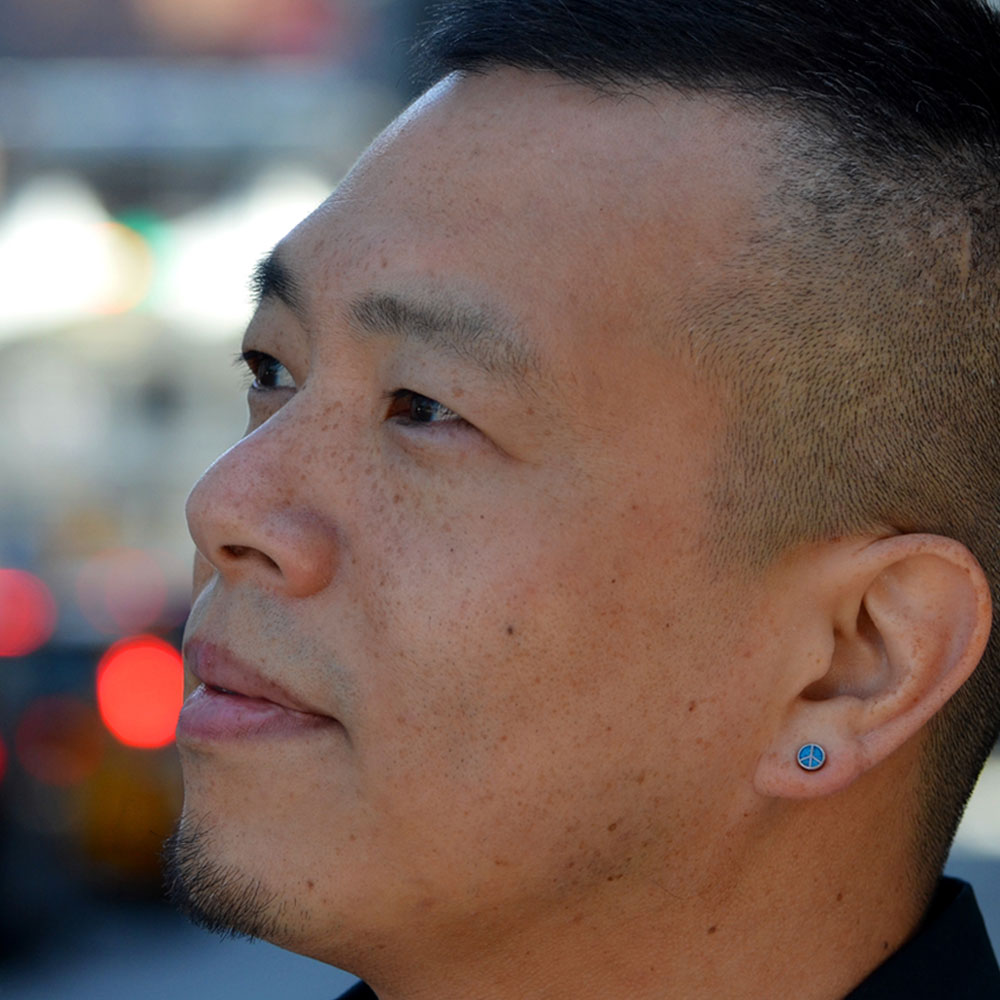
Composer
Masatora Goya is a composer extensively writing a new kind of chamber music for everyone. Trained as a vocal performer first, he explores the musical landscape of drama, space, and emotion. Described as a "composer of cultural crossroads" by American Composers Forum, his unique eclecticism has attracted many musicians performing in nontraditional chamber ensembles.
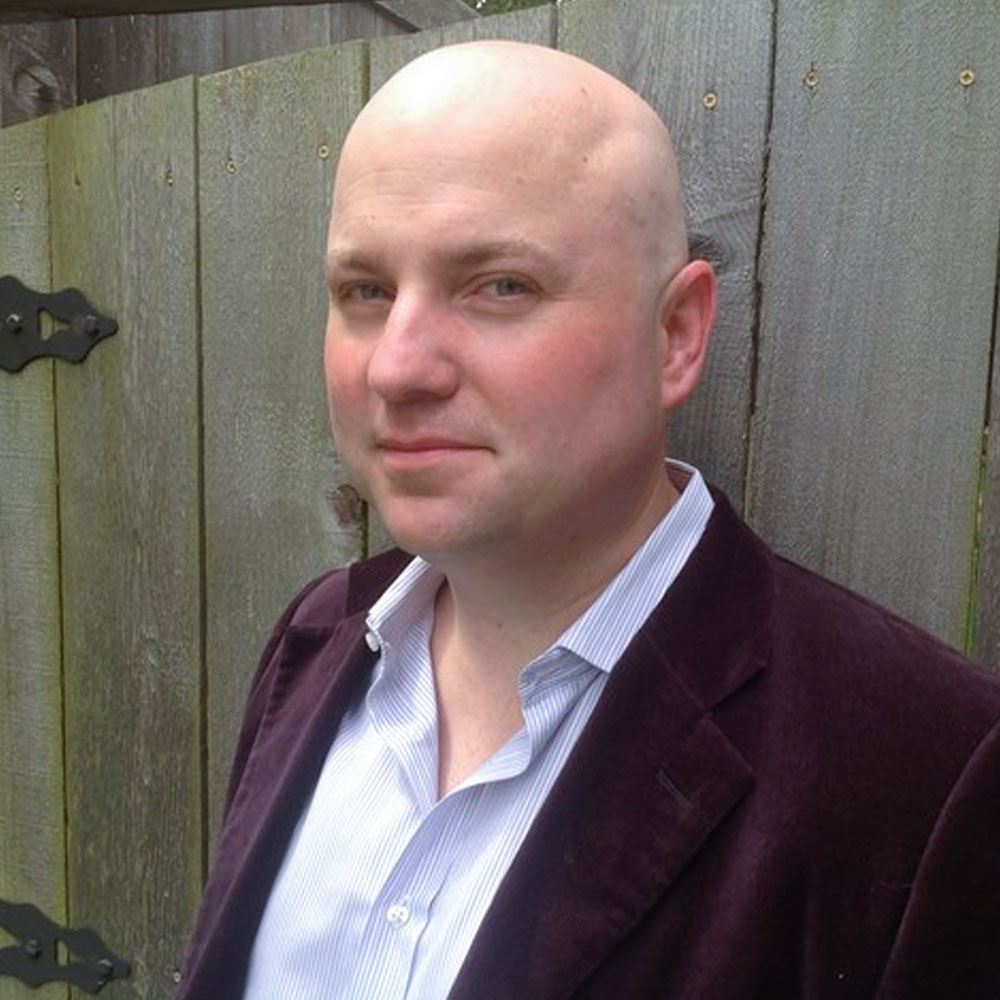
Composer, Conductor
Thomas Juneau is active throughout the United States as both a conductor and composer. He is Music Director of Summit Chorale and the Juneau Vocal Alliance, as well as Director of Choral Activities at Saint Joseph's University in Philadelphia PA. His first choral pieces were published when he was 17. Juneau has numerous works in publication with Carl Fischer Music, ECS Publishing, Walton Music, Hal Leonard Corporation, Alliance Music, and Southern Music Company. He has conducted in major concert halls throughout the United States including Carnegie Hall and Lincoln Center.
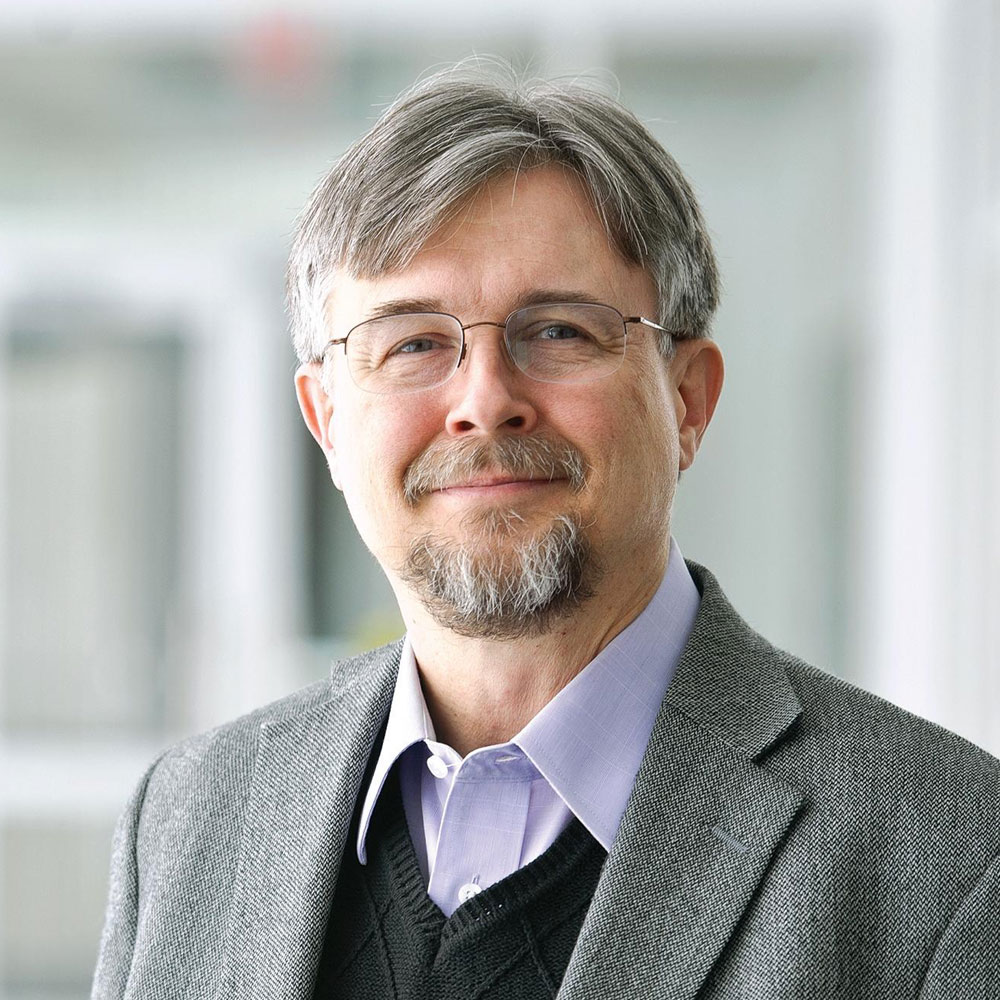
Composer
Samuel Pellman has been creating electroacoustic and microtonal music for nearly four decades. Recently his music has been presented at festivals and conferences in Melbourne, Paris, Basel, Vienna, Montreal, New York City, Beijing, Capetown, Buenos Aires, Taiwan, and Perth. Pellman is also the author of An Introduction to the Creation of Electroacoustic Music, a widely-used textbook. He teaches music theory and composition at Hamilton College, in Clinton NY, and is co-director of its Studio for Transmedia Arts and Related Studies (STARS).
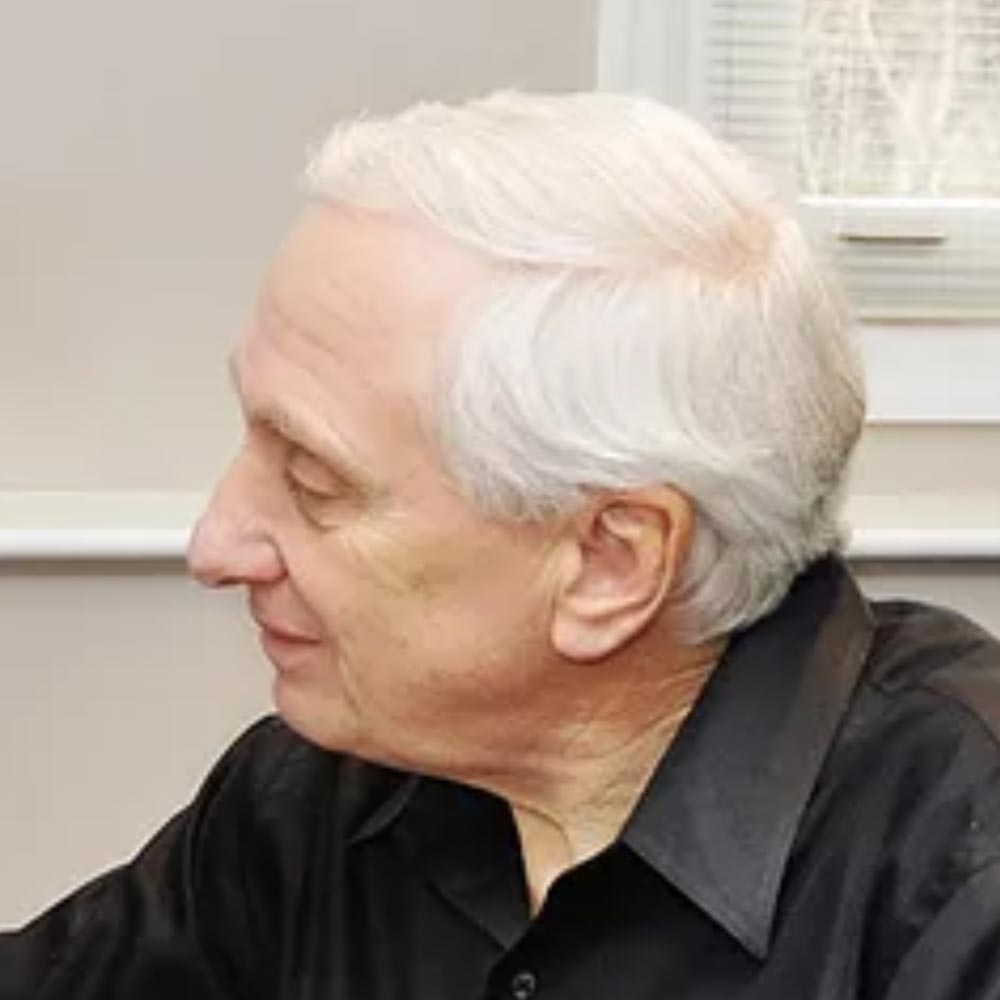
Composer
Craig Morris began his compositional studies at eleven years old. Since then he has added violin, piano and voice to his musical education and studied under Shirley Bloom, Kevin Scott and Joelle Wallach. He has been a violinist with the Bronx Symphony Orchestra for forty years and has worked professionally as a cantor. His music has been performed by the Bronx Symphony Orchestra, the CETA Orchestra of New York, the North Jersey Symphony, Fifth International Music Festival of Buenos Aires, the Orchestra Society of Philadelphia, the Chamber Music Society of Formosa, members of the Amasi Trio, the Gregg Smith Singers and the Nyack College Chorale.
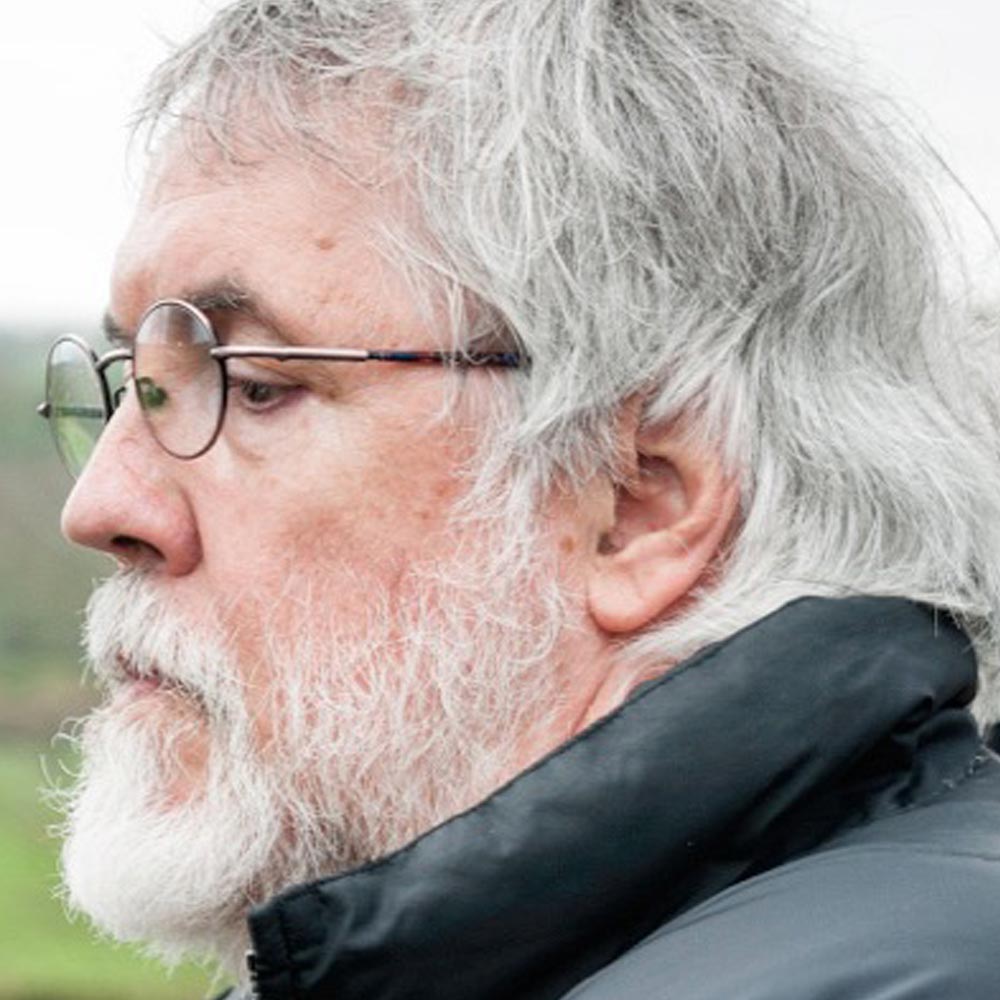
Composer
Inspired by the worlds of nature and literature, Michael Matthews creates music that compels the listener to step beyond the everyday to dwell for a while in images of paradox, to consider the ever-changing tapestry of life. Matthews has a deep love for the contemporary symphonic tradition and has established himself as a master of large-scale musical structures, motivic relationships and organic wholeness, all of which lie at the core of symphonic thought. The symphony is, for Matthews, both a vital form and a special challenge that allows for musical ideas to be carried between movements. Compositional influences include Beethoven, Mahler, Schoenberg, Shostakovich, Schnittke and, more recently, Scandinavian composers Pettersson and Aho.
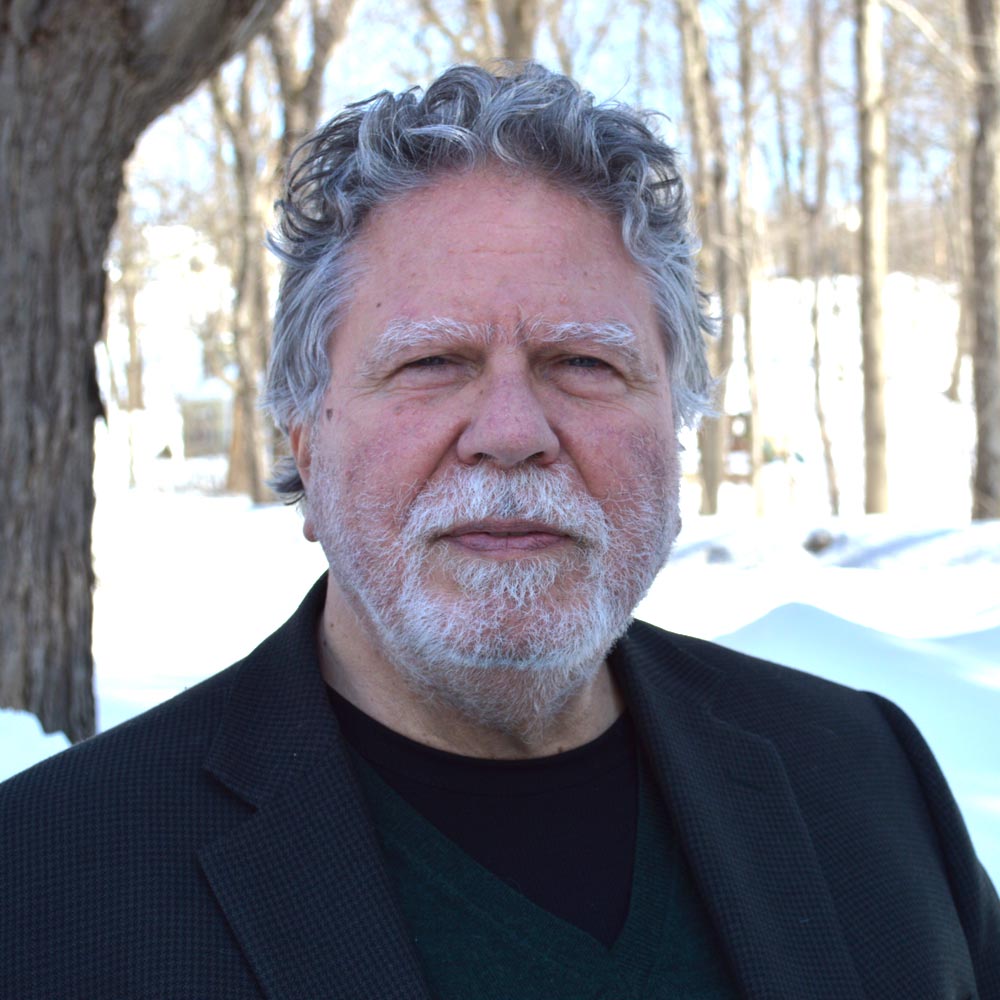
Composer, Pianist
Neely Bruce is a prolific composer, pianist, conductor, and scholar of American music. He has composed over 700 pieces of music, including three full-length operas, five one-act operas, oratorios and other choral works, about 300 solo songs, chamber music, seven documentary video scores for PBS, and 14 hours of solo piano music. In 2013, Bruce began This Is It! - a series of twelve recitals comprising his complete piano music - to conclude in 2017.
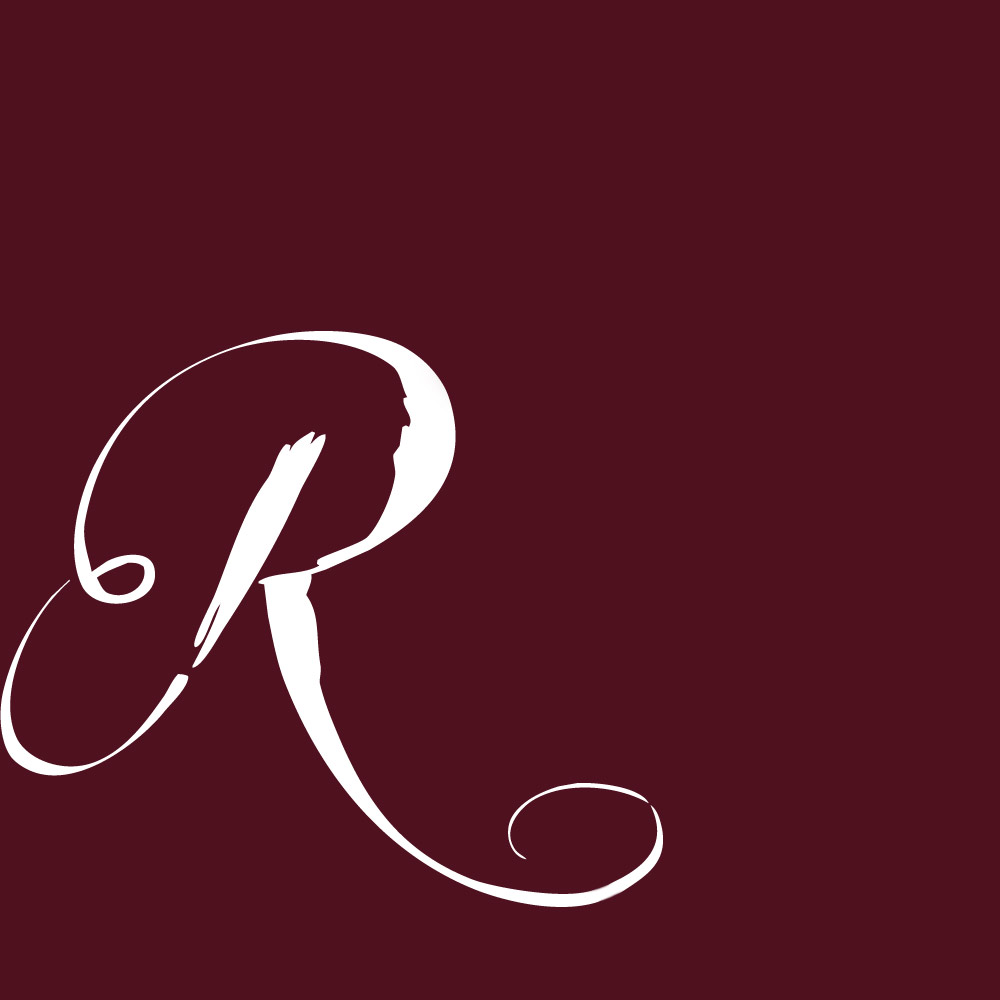
Composer
Composer Andrew May is best known for chamber music that combines classical instruments with interactive computer systems. During his childhood in Chicago he studied violin, wrote chamber music for his friends, manhandled tape recorders to make odd sounds, and wrote computer software - but these were all separate activities. Then he learned about interactive computer music, and it turned out they could all work together. These days, May teaches composition and computer music at the University of North Texas, where he directs the Center for Experimental Music and Intermedia. He still plays violin, writes chamber music for his friends, and writes computer software - but now, sometimes some of the friends are the software.
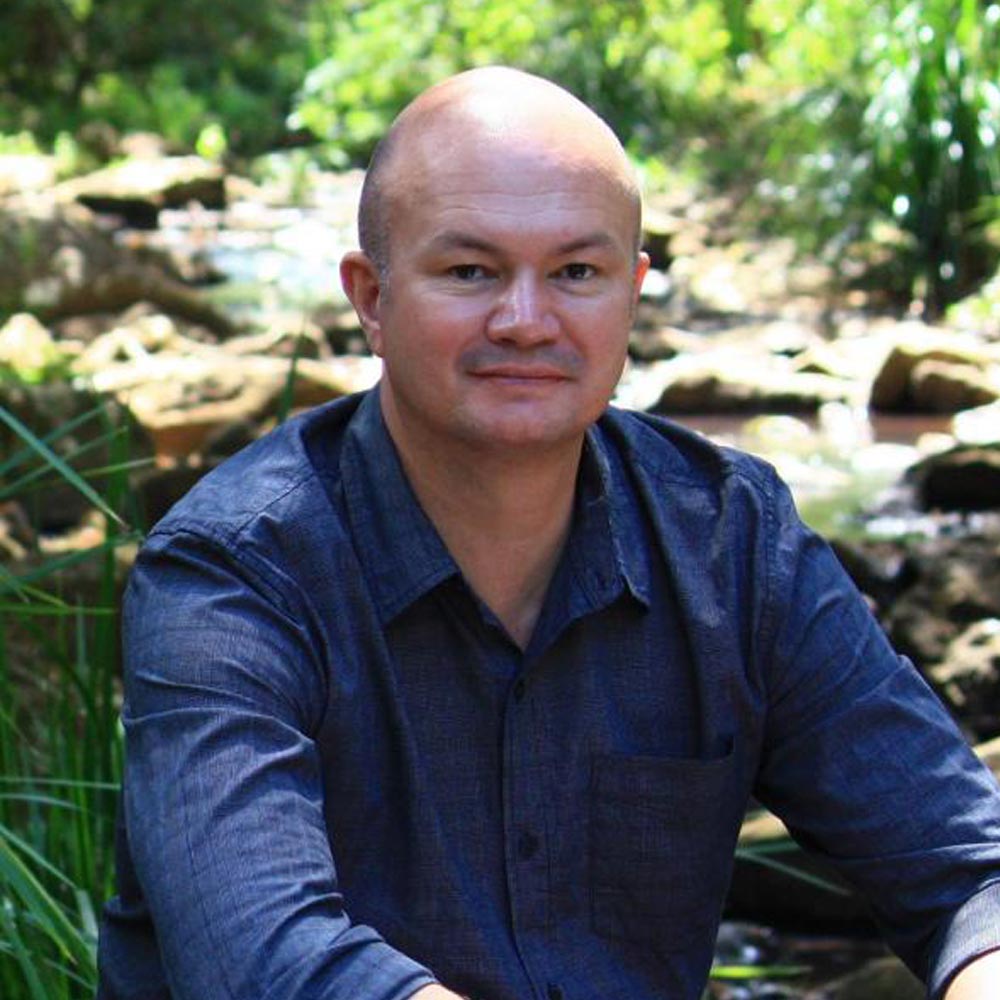
Guitarist
Described as "...a performer of virtuosic ability and one of the new generation of recitalists and gifted players from around the world", Matthew Marshall is one of New Zealand's leading classical guitarists.
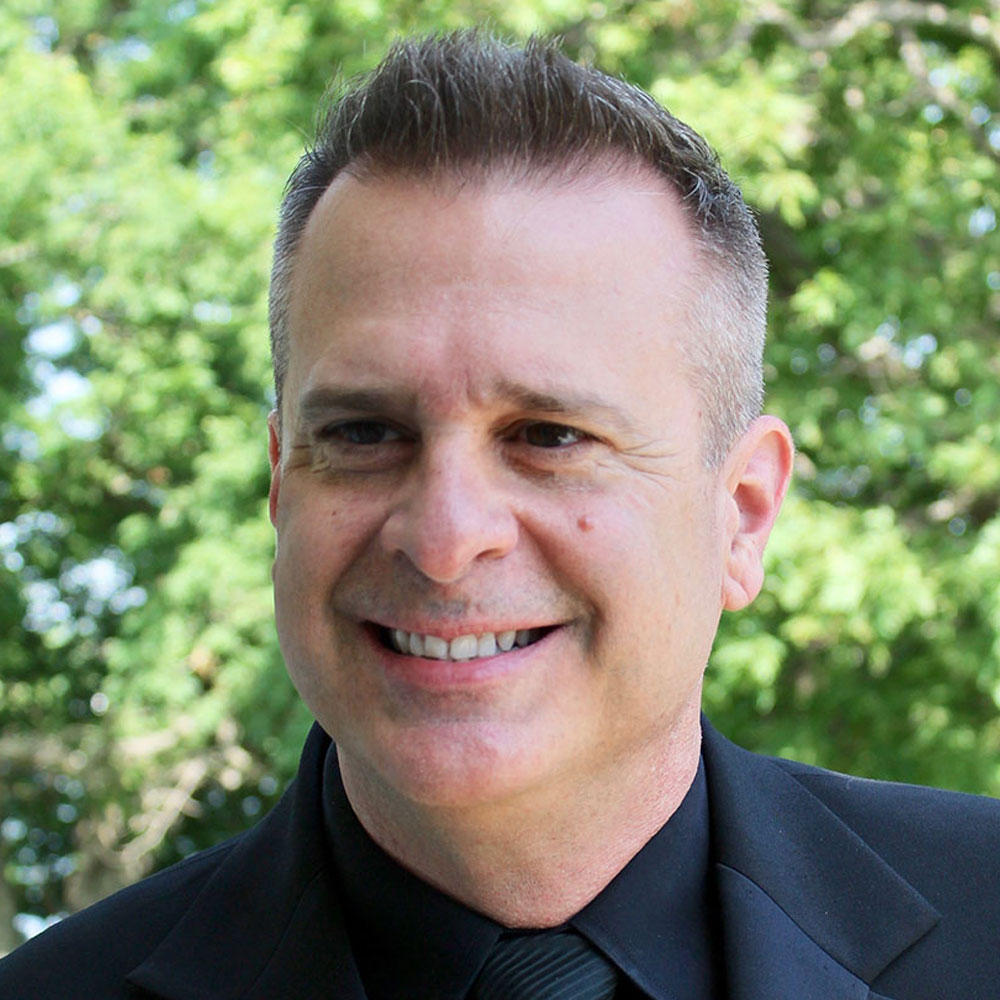
Conductor
Mike Fansler is Director of Bands and conductor of the wind ensemble and chamber winds at Western Illinois University, where he also leads the graduate wind conducting program and teaches undergraduate music education courses. He joined the faculty in 2001 and is currently Professor of Music.
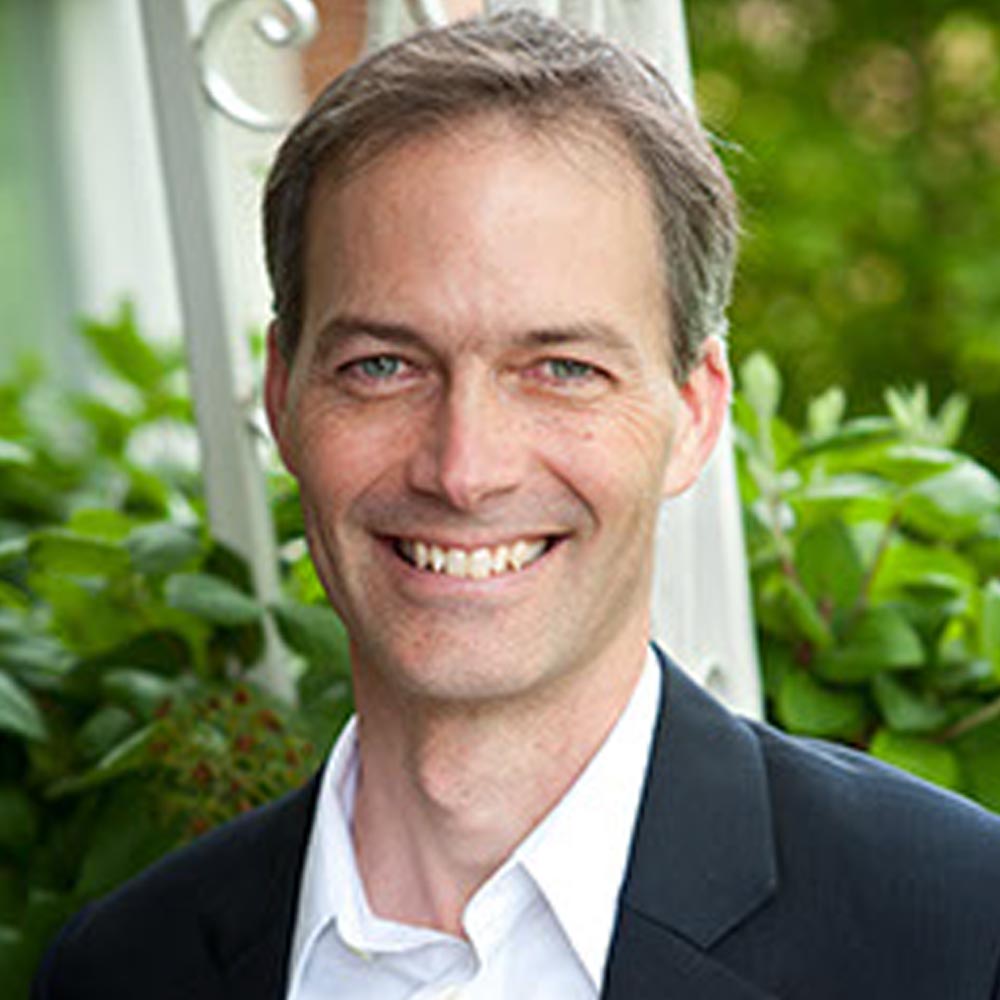
Composer
My version of this familiar story of Joseph, the devil, et al. is called The Devil’s Tale. Its inspiration comes from basically telling Ramuzʼs story backwards, in effect, as one giant palindrome. This all began with imagining starting my story where Stravinskyʼs leaves off, with the somewhat ambiguous drum solo. (It is sometimes played with [...]
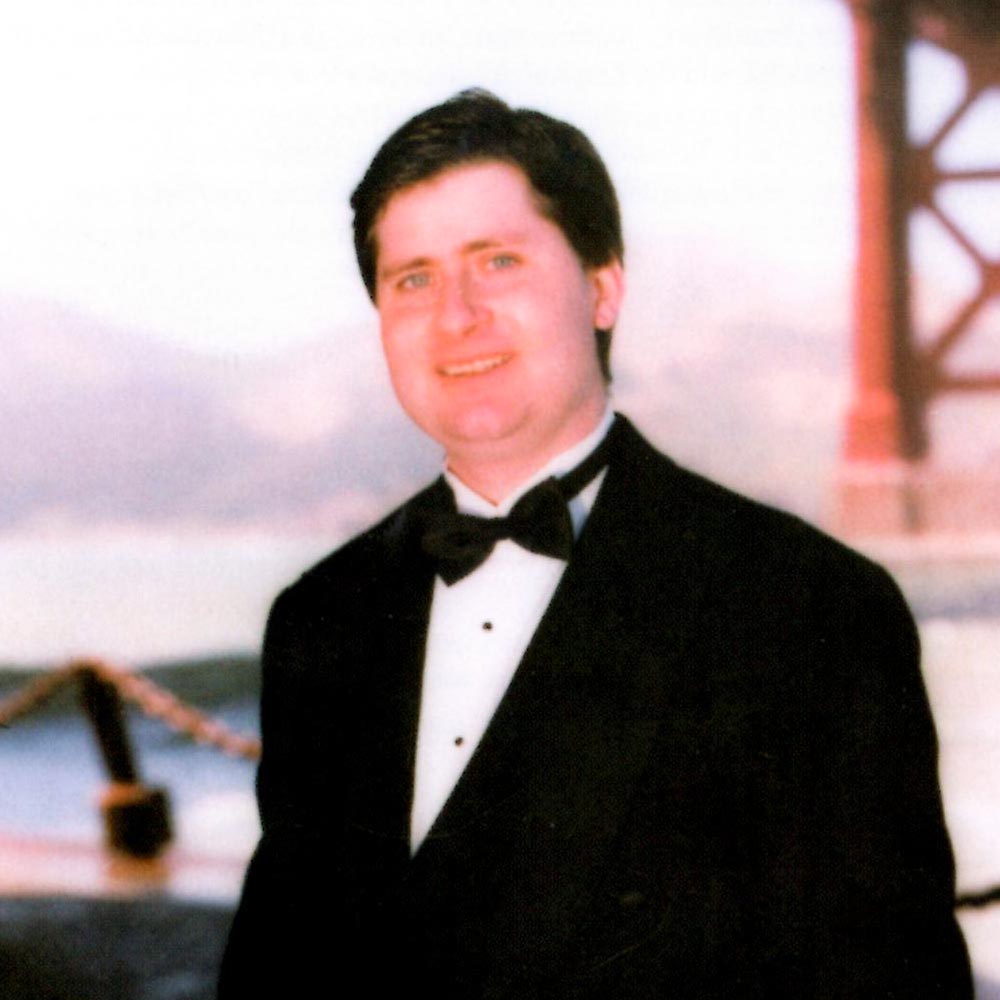
Composer
Michael Sidney Timpson's musical beginnings were borne out of playing baritone saxophone and "electric" bass clarinet with a strong interest in American improvisational forms, especially Free Jazz and Fusion; this would later evolve into incorporations American popular genres, such as Funk, Hip-Hop, and Alternative Techno. A child of the multicultural era in Northern California, he was intrigued with East and Southeast Asian traditional musics, these seeds that would eventually bear a lasting impact on his musical style. With his research on Chinese instruments, he has also become an improviser on various Asian woodwinds.
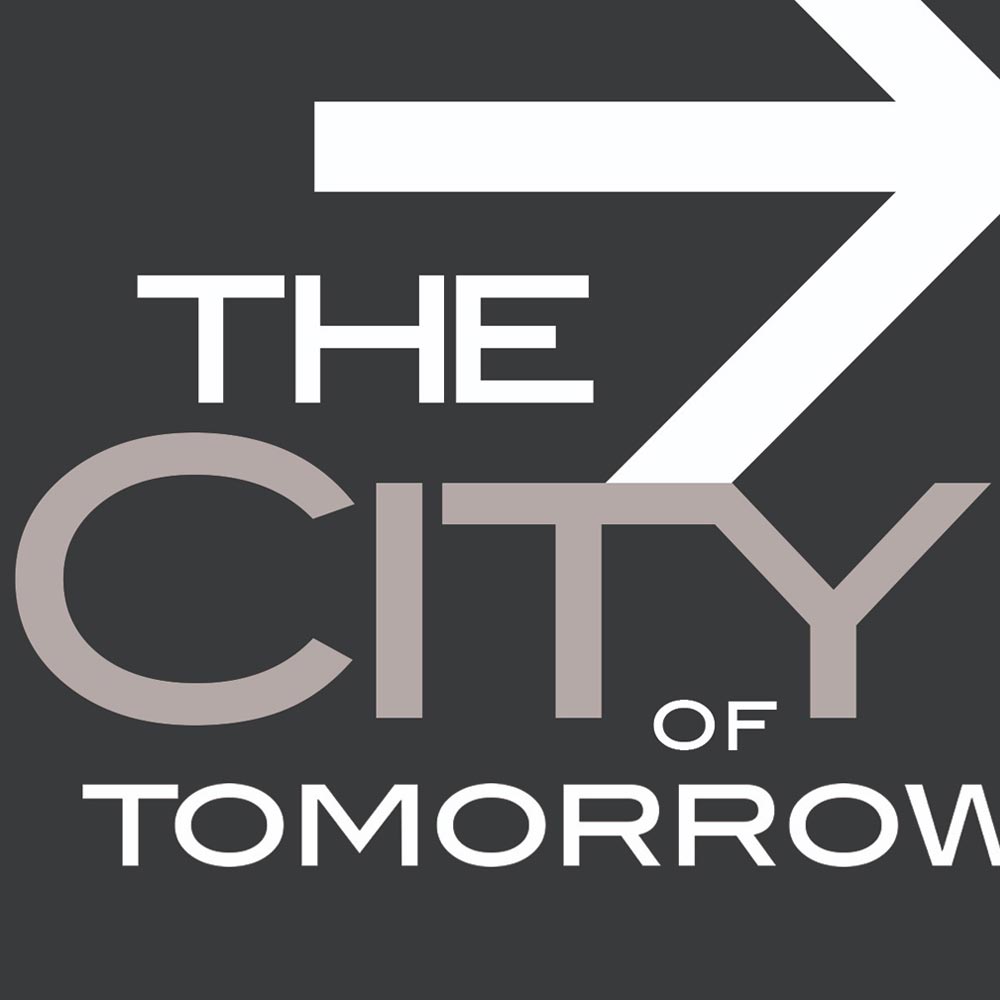
Ensemble
Through engaging performances, the City of Tomorrow brings new and recent works to audiences around the world, promoting the appreciation of art music and the wind quintet in contemporary life. Winners of the gold medal at the Fischoff National Chamber Music Competition in 2011, the City of Tomorrow "plays with an extraordinary sense of ensemble, not just in terms of rhythmic precision but in tone color, balance, gesture, and sensitivity" (Sidney Chen, NewMusicBox).
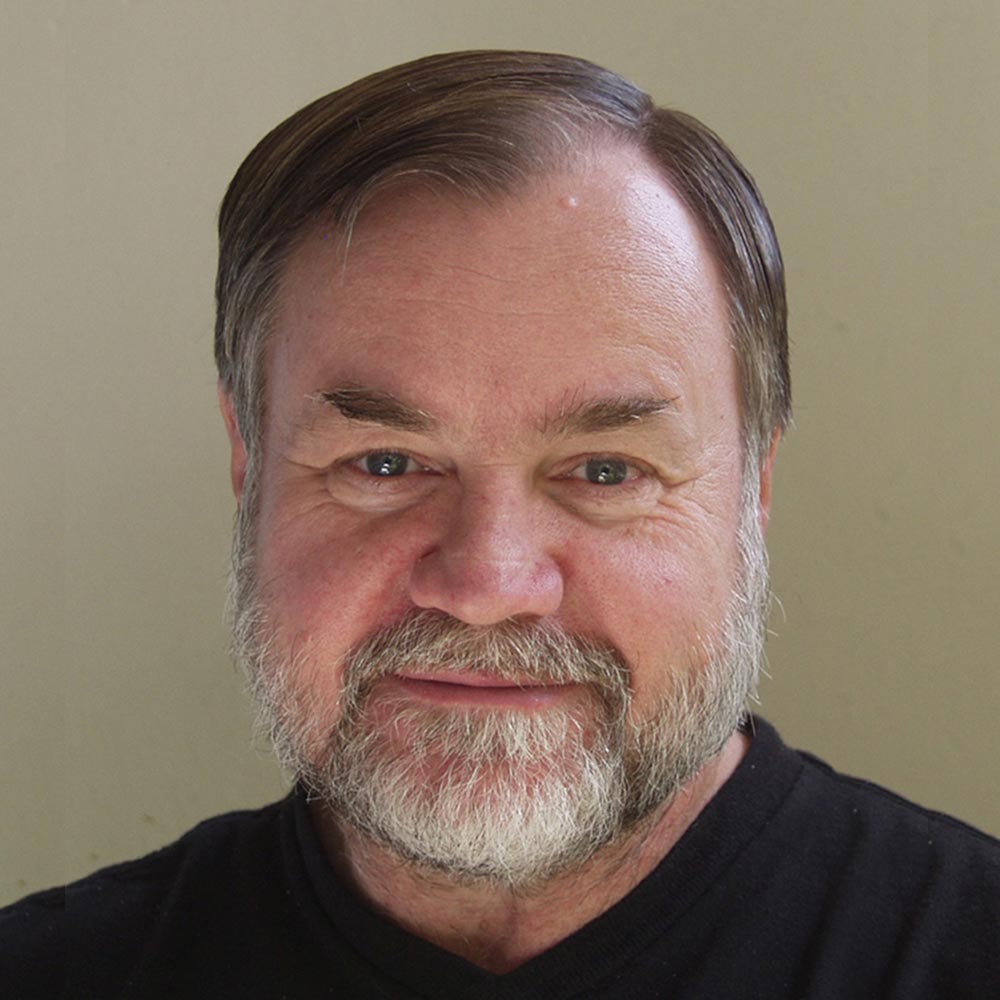
Composer
The music of Boston-based composer Richard Cornell deftly explores the nature of art and collaboration, highlighting the latent opportunities for artistic license and interpretation within music. His cross-disciplinary efforts combining visual elements with his works have led to installations, art works in virtual reality, and audio/video projects, one of which is included on his latest album TRACER on Ravello Records.
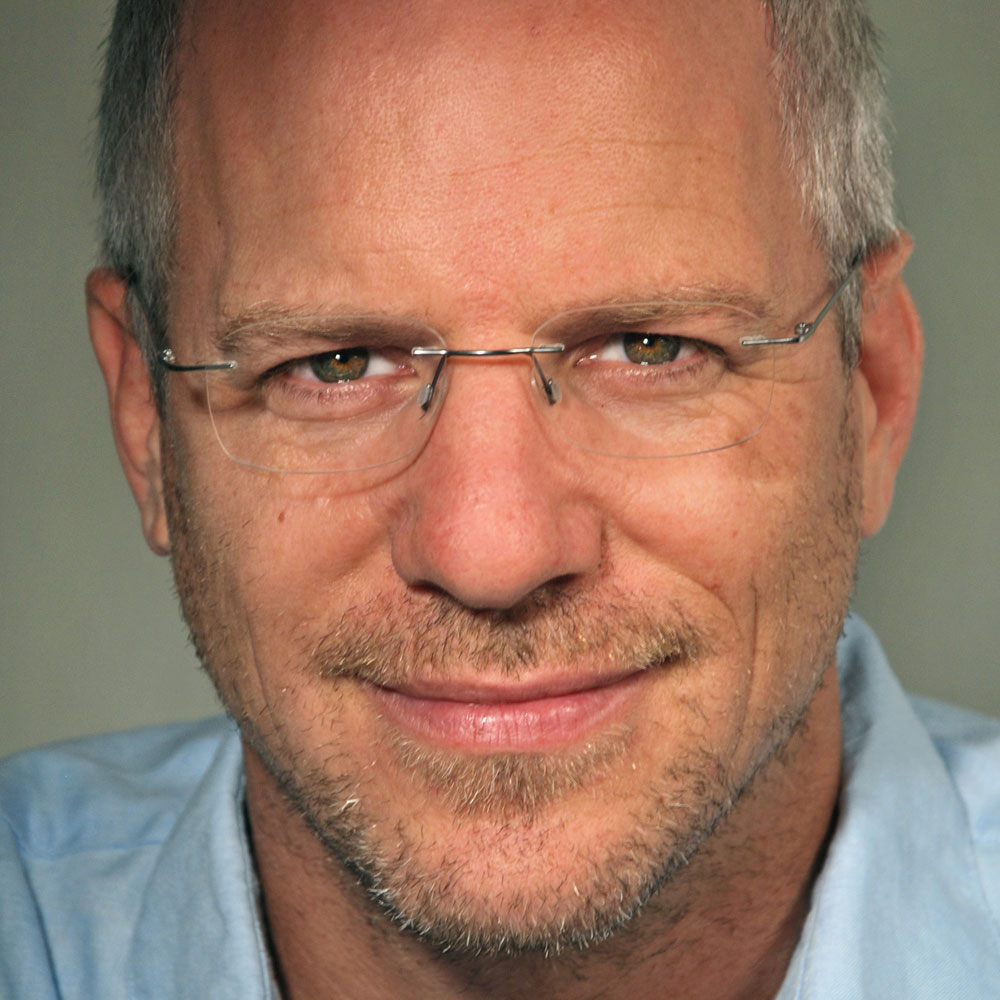
Composer
Amos Elkana was born in Boston, but grew up in Jerusalem. At the age of 15, he picked up the electric guitar and began to study music, which soon became his primary occupation in life. In 1987, aged 20, he returned to Boston to study jazz guitar at the Berklee College of Music and composition at The New England Conservatory of Music. In 1990, he moved to Paris where he studied composition with Michele Reverdy. He also took composition classes with Erik Norby in Copenhagen, and with Paul-Heinz Dittrich and Edison Denisov in Berlin. Two years later he returned to Israel where he has been living since. In 2007 Elkana received his M.F.A. in music/sound from Bard College, New York. While at Bard, he focused on electronic music and took lessons with Pauline Oliveros, David Behrman, Richard Teitelbaum, George Lewis, Maryanne Amacher and Larry Polansky, among others.
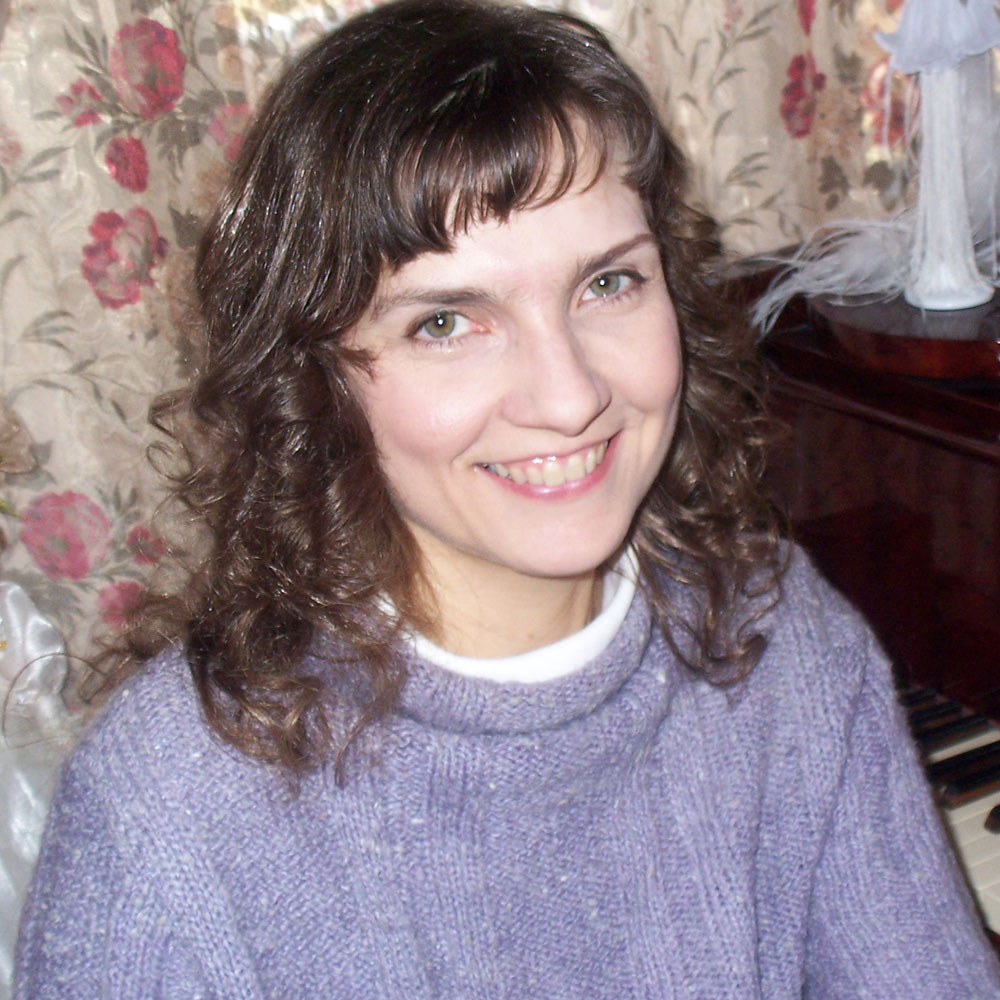
Composer
Rachel Lee Guthrie was born on November 3, 1979 in Des Moines IA. From an early age, she played the piano by ear and resisted formal lessons until the age of fourteen when she began studying with various college-level instructors. In 2004, Guthrie earned a degree in piano pedagogy from Drake University, graduating cum laude. Her passion has always been for Baroque, Classical, Romantic, and Impressionist masters, and she has composed a number of new pieces in the classical tradition as well as works in a contemporary style.
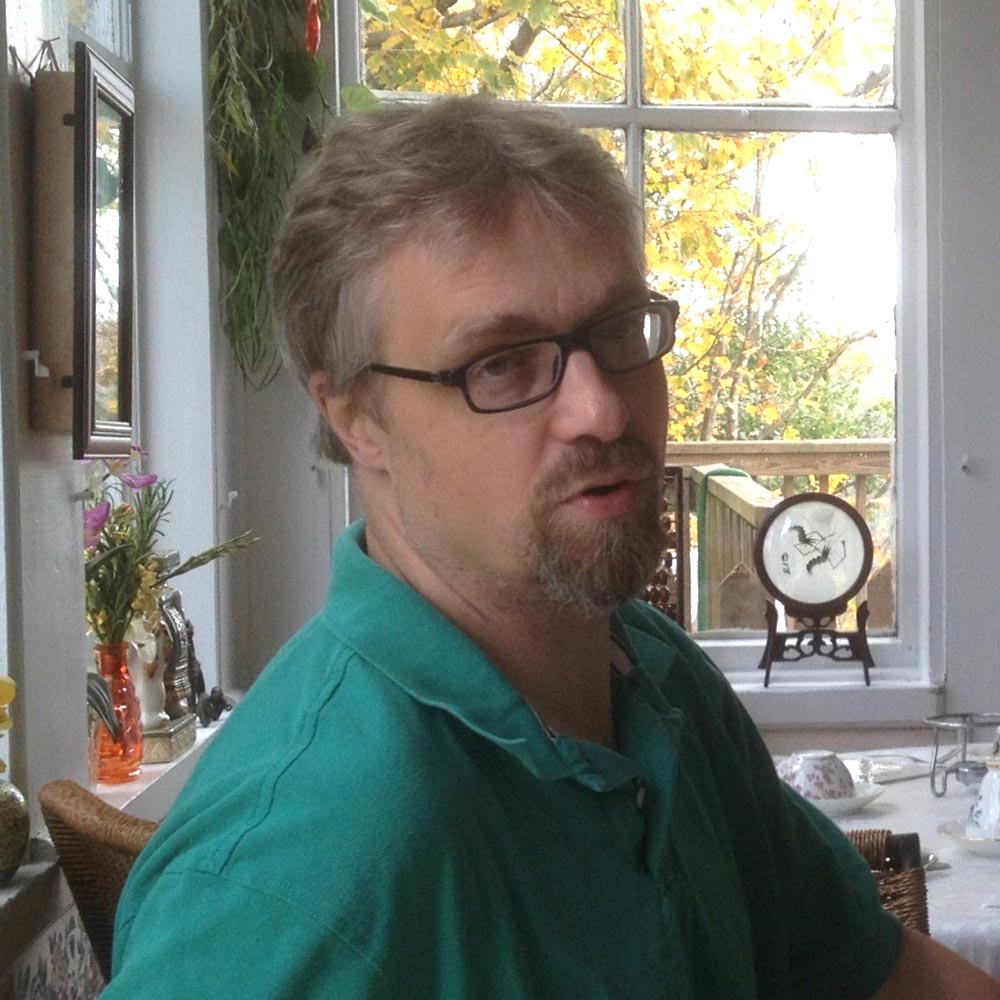
Composer
Gregory Hall (b. 1959) was born in San Francisco, CA. He holds a B.A. degree in Music from the University of California, Santa Barbara (1982), completing studies with Emma Lou Diemer and Peter Racine Fricker, and a Diploma degree in Composition from the Curtis Institute of Music, Philadelphia, PA (1986), where he studied with Ned Rorem. In 2000 he was elected to the membership of the American Composers Alliance (ACA). His works are published by the ACA. He is a Fellow of the Ucross Foundation, a member of the American Composers Forum, and the American Music Center. He is the recipient of numerous commissions.
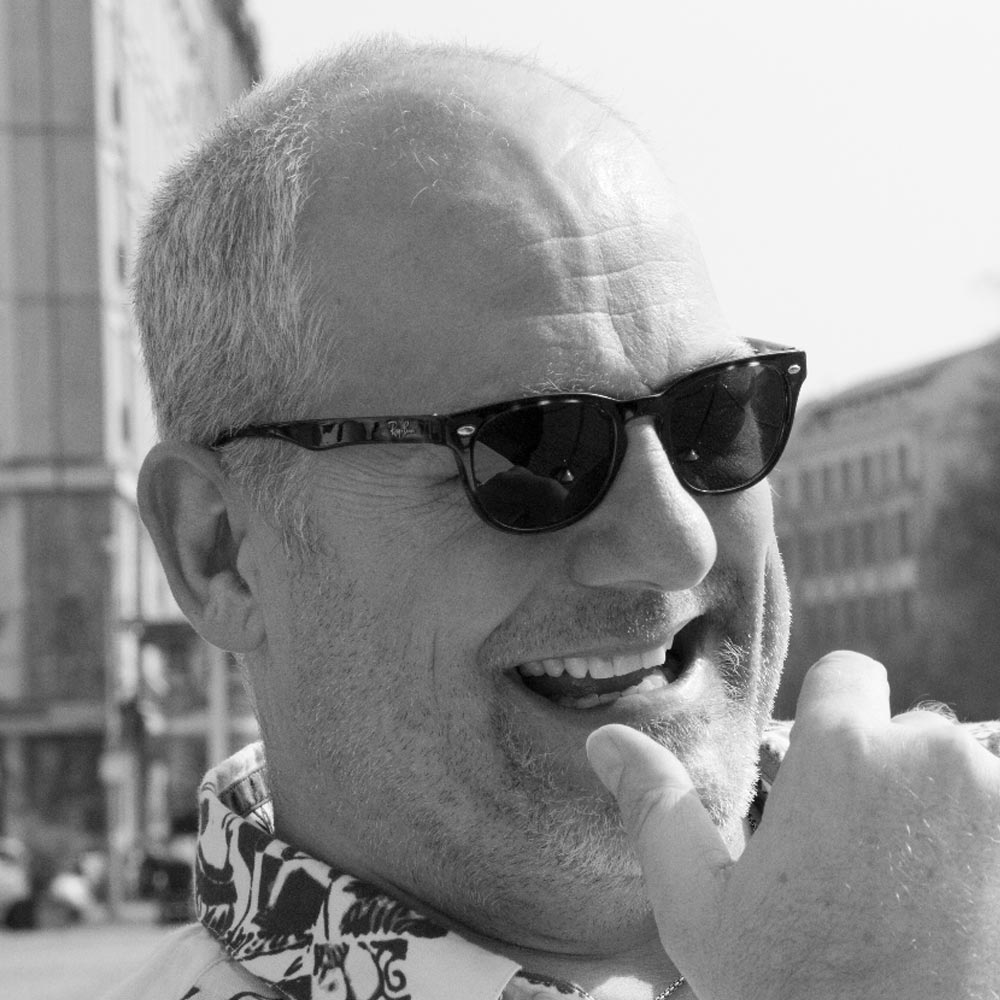
Composer
Kim Halliday (b. 1961) is an accomplished composer with a wide experience of writing music for film, television, theatre, multimedia and concert stage. His work includes scores for feature films, short films, documentaries and television, as well as pieces for multi-media, Internet and live performance.
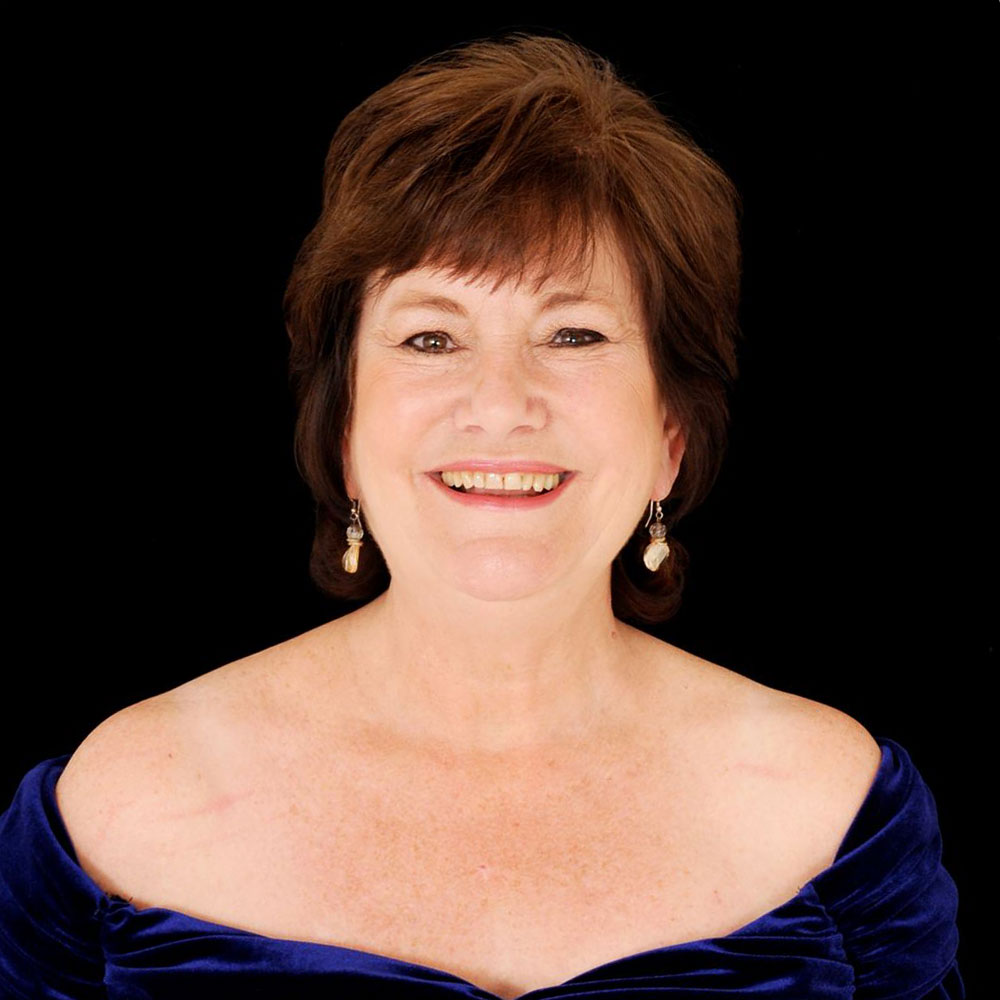
Vocalist
Elaine Huckle's (b. 1947) first singing efforts took place at her local church when she was 7 years of age, where she sang "O Come all ye faithful" as a solo. Her parents walked home in disbelief, newly aware that their daughter could sing rather well.
Artists
©2024 Ravello Records. All rights reserved. Website by PARMA Recordings. | Privacy Policy
